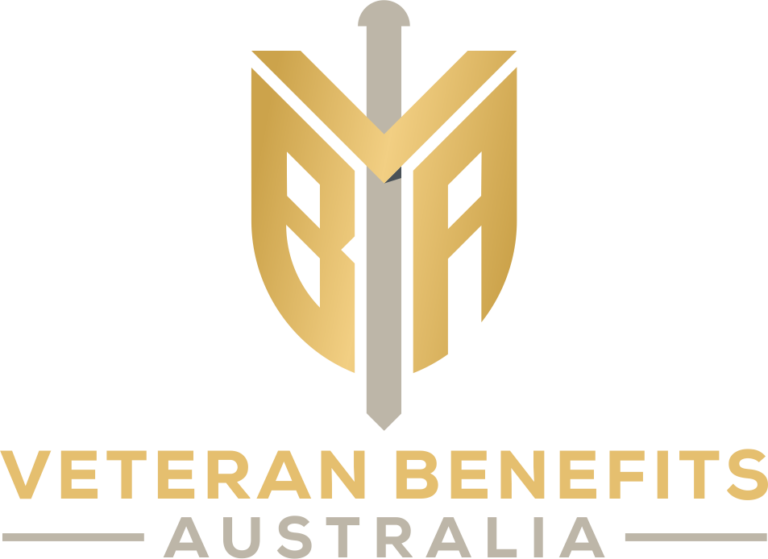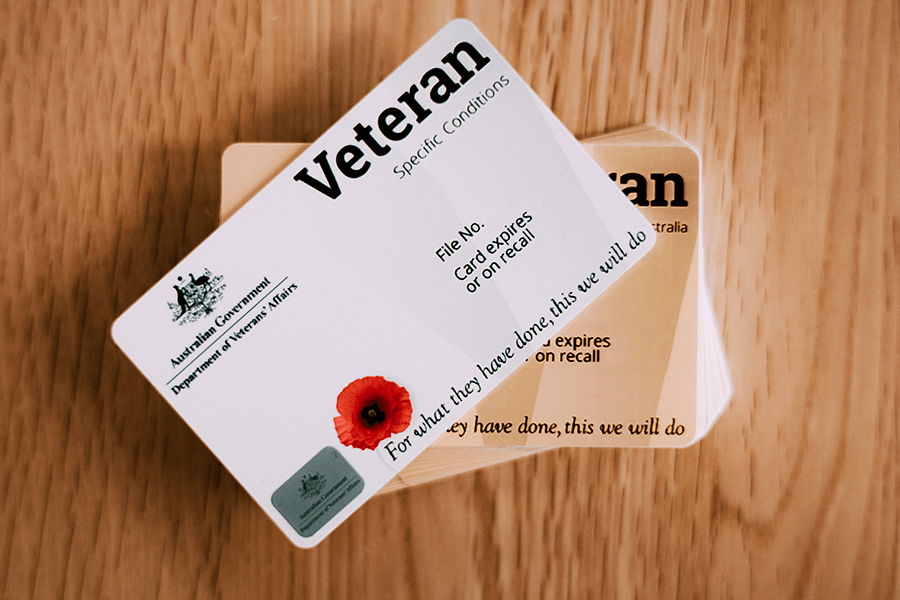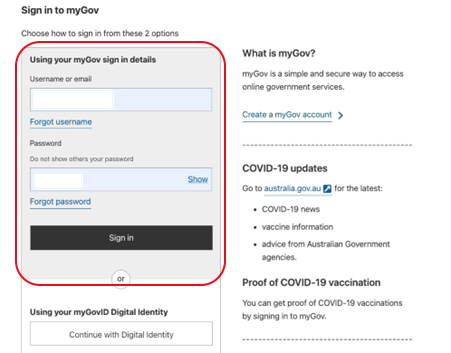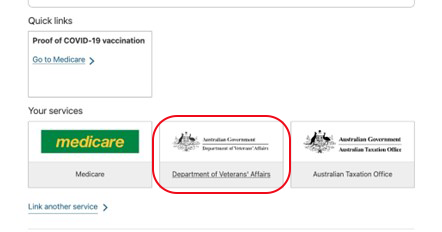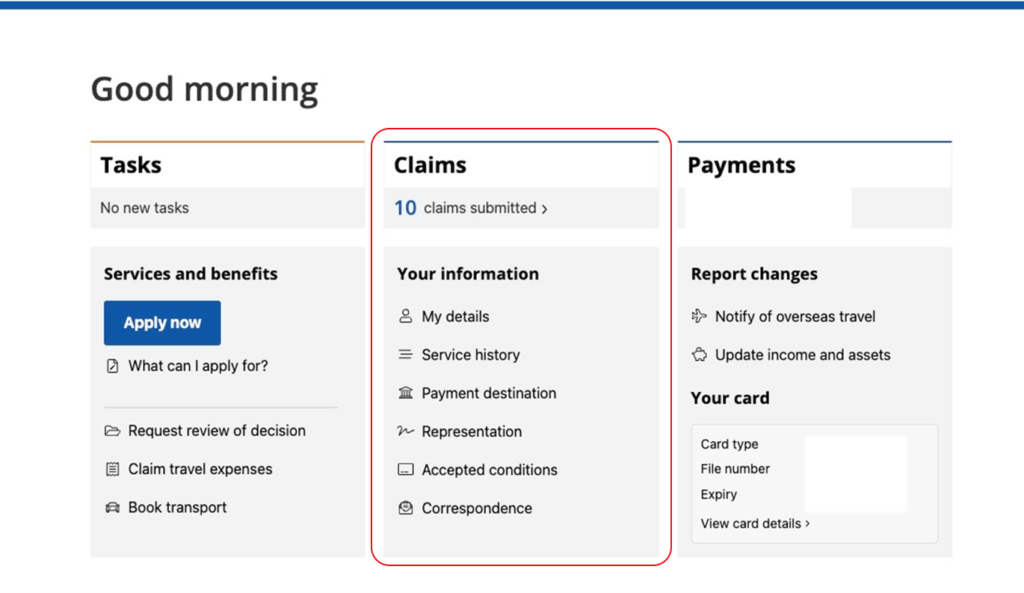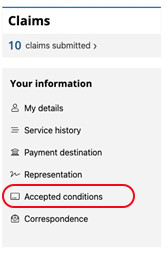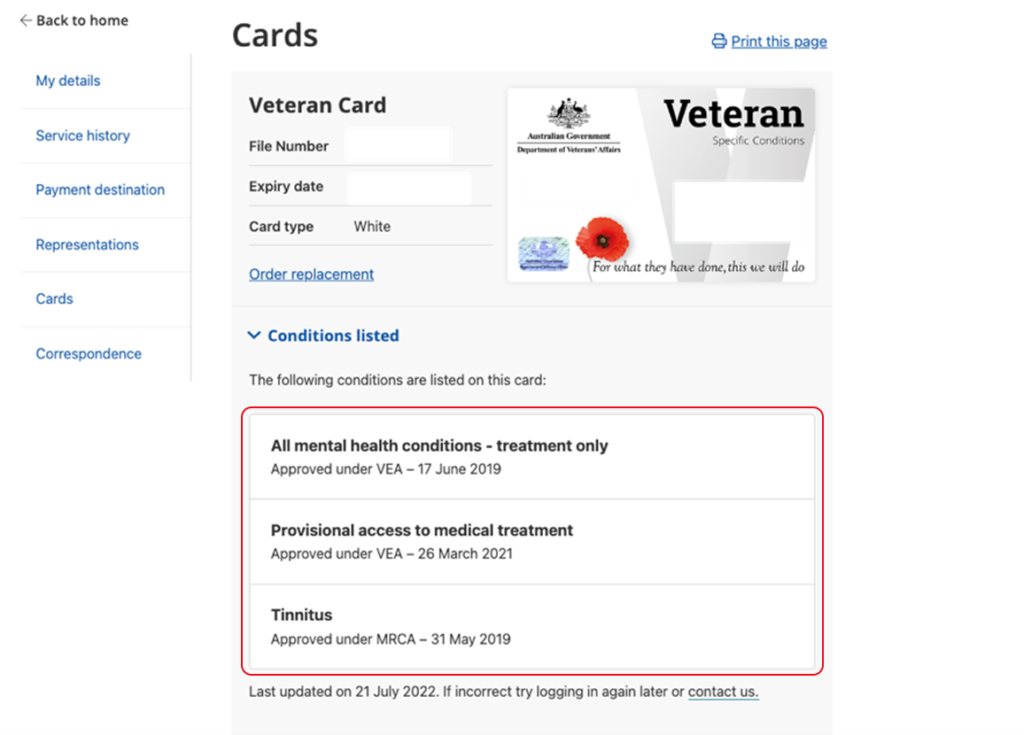Weight management is a crucial aspect of overall health and well-being, and it becomes even more significant for veterans. Military service often involves rigorous physical training, but the transition to civilian life can present unique challenges for maintaining a healthy weight. This blog aims to provide veterans and their families with valuable insights into effective weight management strategies, as well as the support and guidance they need from a dietitian’s perspective.
Understanding the Weight Management Challenge
The Impact of Military Service
Military service typically requires rigorous physical training, which can lead to a high level of fitness among service members. However, the transition to civilian life may bring about changes in lifestyle, leading to weight management challenges. Many veterans face the risk of weight gain, which can have a detrimental impact on their physical and mental health.

Factors Contributing to Weight Gain
Several factors contribute to weight gain among veterans, including:
- Changes in routine: Transitioning from the highly structured military environment to civilian life can disrupt established routines, including exercise and diet.
- Stress and mental health: Veterans often face stressors related to combat experiences, which can lead to emotional eating and weight gain.
- Disability and injuries: Service-related disabilities and injuries can limit physical activity, making it difficult to maintain a healthy weight.
The Importance of Weight Management for Veterans
Maintaining a healthy weight is essential for veterans because it can:
- Improve overall health: Weight management can reduce the risk of chronic diseases such as diabetes, heart disease, and hypertension.
- Enhance mental health: A healthy weight is closely linked to better mental well-being and reduced risk of depression.
- Boost quality of life: Managing weight can improve veterans’ energy levels and increase their ability to enjoy their post-service life.
Strategies for Effective Weight Management

Consult with a Registered Dietitian
One of the most effective steps veterans can take to manage their weight is to consult with a registered dietitian. Dietitians are experts in nutrition and can create personalised meal plans tailored to the individual’s needs and goals. They can help veterans understand their unique dietary requirements and provide guidance on portion control, calorie intake, and balanced nutrition.
Establish Realistic Goals
Setting achievable goals is vital for successful weight management. Veterans should work with a dietitian to create realistic and measurable objectives, such as losing a certain number of pounds within a specific timeframe. Realistic goals help maintain motivation and provide a sense of accomplishment.
Nutrition Education
Understanding nutrition is key to making informed dietary choices. Dietitians can educate veterans about the importance of a balanced diet that includes macronutrients like carbohydrates, proteins, and fats, as well as micronutrients like vitamins and minerals. Proper nutrition can help veterans meet their weight management goals and support overall health.
Portion Control
Controlling portion sizes is crucial for managing calorie intake. Veterans can learn about proper portion control techniques and use tools like measuring cups and food scales to ensure they don’t overeat. Dietitians can provide practical guidance on portion sizes for various foods.
Mindful Eating
Practising mindful eating involves being fully present while eating and paying attention to hunger and fullness cues. Veterans can learn to savour their food, eat more slowly, and recognize when they are truly hungry rather than eating out of habit or emotion. Mindful eating can help prevent overeating and improve the relationship with food.

Meal Planning
Meal planning is a valuable tool for weight management. Veterans can work with dietitians to create weekly meal plans that align with their dietary goals. Planning meals in advance can reduce the temptation to make unhealthy food choices when in a hurry or faced with limited options.

Physical Activity
Physical activity is essential for weight management. Veterans should aim to incorporate regular exercise into their routines. A dietitian can help create an exercise plan that suits individual fitness levels and any physical limitations. Activities like walking, swimming, and strength training can be adapted to various fitness levels.
Monitoring Progress
Regularly tracking progress is a vital part of effective weight management. Veterans can keep a food diary to record meals, snacks, and exercise. A dietitian can help analyse this data to identify areas for improvement and make necessary adjustments to the weight management plan.
Special Considerations for Veterans

Service-Related Disabilities
Veterans with service-related disabilities may face additional challenges in weight management. It’s important to work with a healthcare team, which may include a dietitian and physical therapist, to develop a tailored plan that accommodates their specific needs and limitations.
Mental Health
Mental health plays a significant role in weight management. Veterans with post-traumatic stress disorder (PTSD) or other mental health conditions should seek support from mental health professionals and consider the relationship between emotional well-being and eating habits.
Community Support
Veterans can benefit from connecting with support groups or community organisations that offer resources, camaraderie, and encouragement in their weight management journey. Sharing experiences and receiving support from peers who understand their unique challenges can be immensely helpful.
Online Tools and Apps
Several websites and mobile apps offer tools for tracking food intake, exercise, and weight management progress. MyFitnessPal, Lose It!, and SparkPeople are popular options for veterans looking to monitor their health.

Weight management is a critical aspect of veterans’ overall health, and it requires a personalised approach. By consulting with a registered dietitian, setting realistic goals, and implementing effective strategies, veterans can successfully manage their weight and improve their overall well-being. The transition from military service to civilian life comes with unique challenges, but with the right support and guidance, veterans can maintain a healthy weight and enjoy a fulfilling post-service life.
